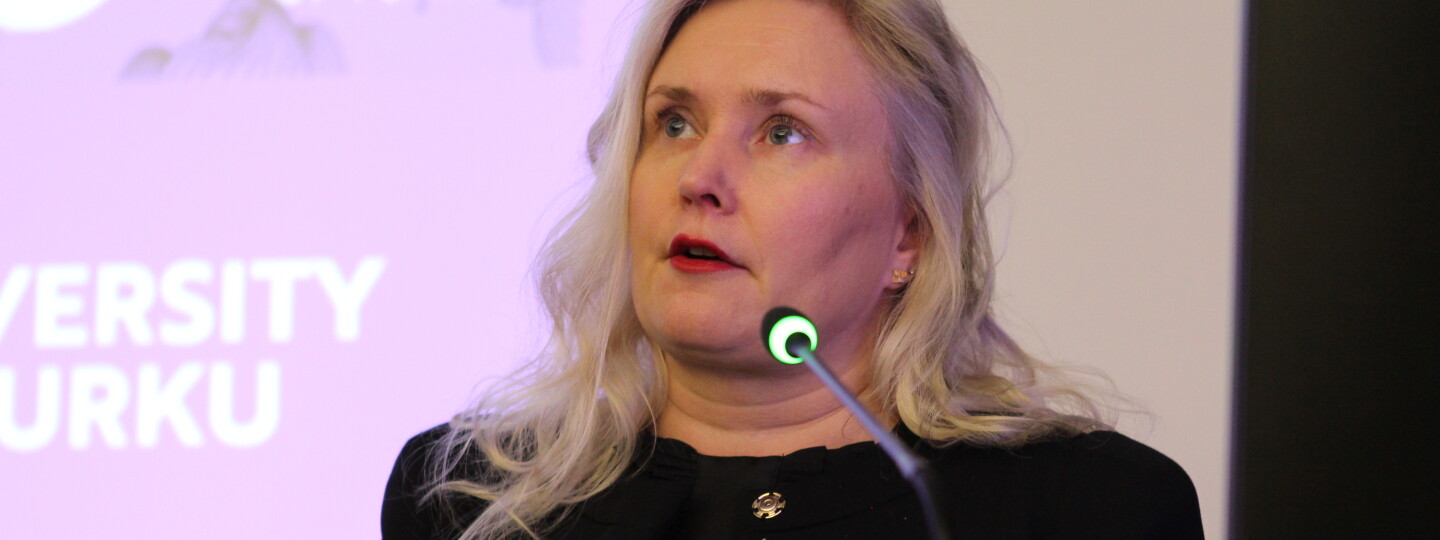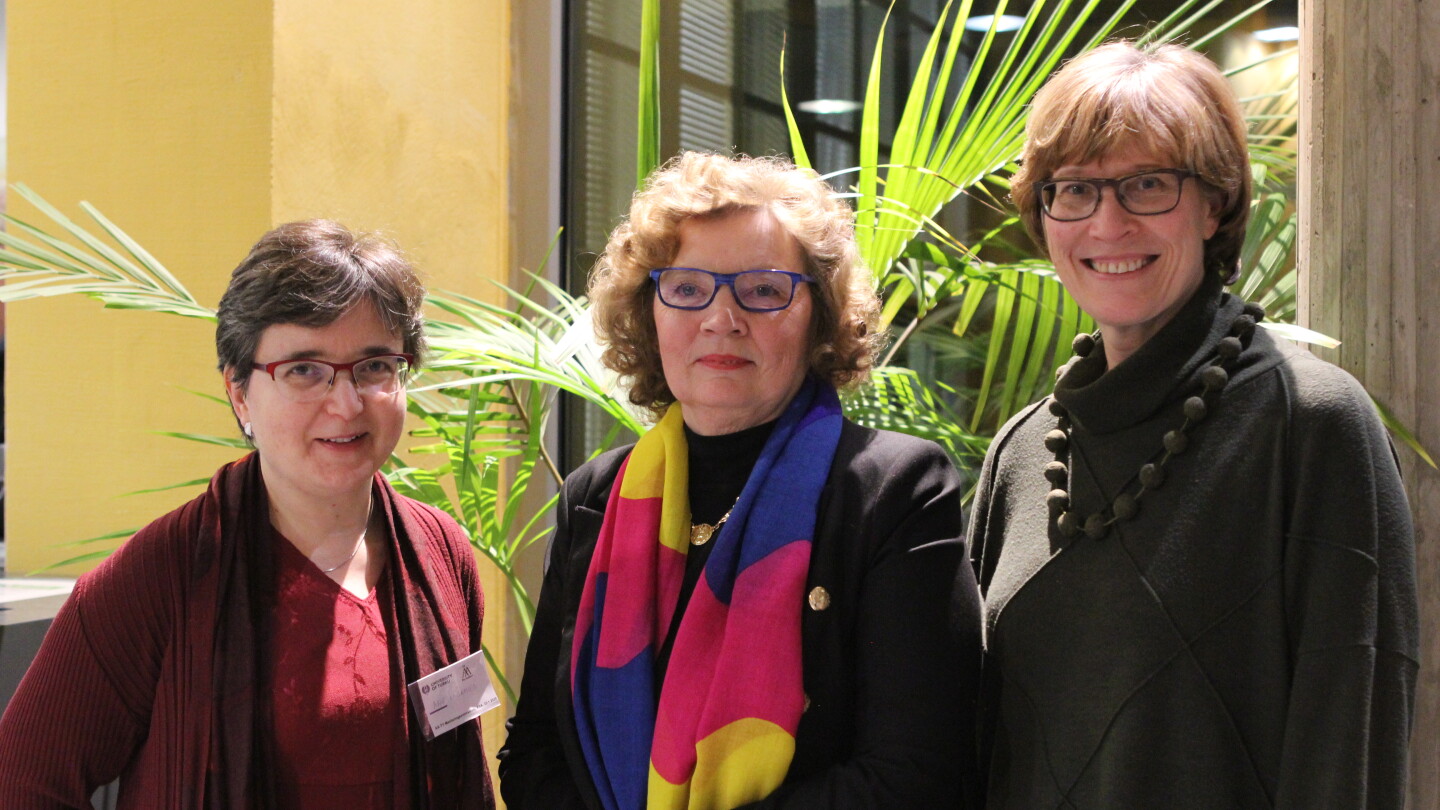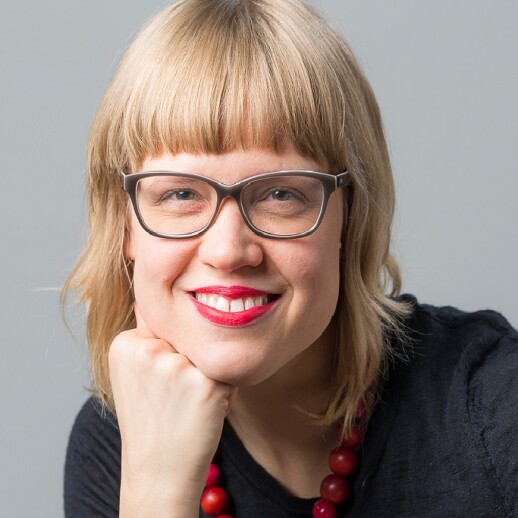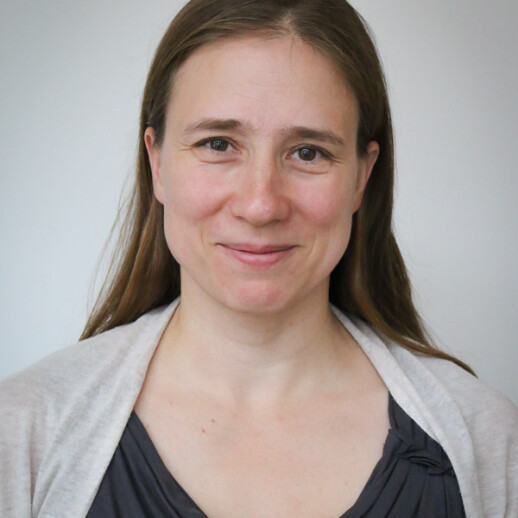The multidisciplinary mentoring programme of the University of Turku kicked off at the start of the year. The University-wide mentoring programme facilitates mentoring programmes directed at master’s degree students, doctoral candidates and postdoctoral researchers, as well as University staff. Altogether 83 mentors and 105 mentees take part in the programmes offered. Concluding seminars of the mentoring programmes will be held in October–November.
Mentoring offers students a realistic view of working life
This year, 57 students and 35 alumni mentors participated in the mentoring programme for master’s degree students.
- Our aim is to develop the mentoring programme each year. This year we have expanded the group mentoring we piloted earlier, and more mentors have two mentees than previously. This enables peer mentoring for the students who participate, something we have had positive experiences of, says programme coordinator, Development Specialist Laura Kopu.
The goals of mentoring were discussed in a student mentoring training seminar. Providing students with a realistic view of working life was identified as the most important goal. Many mentors reported they wanted to have students observe a day at their work. Mentors also encouraged students to shed their fear of transitioning into working life.
- A down-to earth attitude is to be encouraged when transitioning into working life, but dreaming is also recommended, spoke Heli Ervasti from Luola Consulting Oy.
Mentoring supports career development of doctoral candidates and postdoctoral researchers
The Development services Research career unit, together with Åbo Akademi, organises a mentoring programme for doctoral candidates and postdoctoral researchers. In the programme, early career researchers are given support in, among other things, developing and recognising their expertise, as well as in contemplating their career choices. 37 mentor-mentee pairs participated in the early-career researcher mentoring programme this year. Over 60% of the participating mentors are from outside the University of Turku and Åbo Akademi.
- Those who applied to the mentoring programme were given the opportunity to describe and name the persons they wish to have as mentors in their application. It has been great to see how eagerly people from other universities, the public and private sectors, and several NPOs have gotten involved with the programme, says coordinator of the Research career unit mentoring team Kaisa Hakkila.
A lecture by Study and Work Well-being Coordinator Johanna Mäkinen at the opening seminar of the programme familiarised participants with the principles, execution and goals of mentoring. The seminar was also the first organised event where mentor-mentee pairs met and got to know each other. In the opening words of the seminar, University of Turku vice rector Piia Björn emphasised the importance of creating a good and confidential dialogue between mentors and mentees from the start of the programme. Piia Björn also felt it was important that the University both recognise the needs of early-career researchers, and support researchers in their work. Developing mentoring to support the research career path has been included in the University Strategy 2021–2030 Policy Programme.
Mentoring spokesperson, Senior Mentor Eija Kesti shared her experiences in mentoring, with emphasis on the already established position of mentoring in improving the competence and well-being of personnel in the business world.
- Mentoring brings together people from different career stages, allowing these meetings to develop into something quite new and special, Eija Kesti stated in her speech.
Postdoctoral researcher Anu Kajamies from the Turku Institute for Advanced Studies participated in last year’s mentoring programme, and was satisfied with her mentee year. Her speech to mentors and mentees at the start of their mentoring crystallised the following: commit to mentoring, prep for the meetings, share both your successes and failures, and listen to and learn from the mentor’s experiences.
Mentoring is a tool for individual personnel training
Eleven mentor-mentee pairs are currently participants of the mentoring programme for University staff. At the opening event of the programme, mentors and mentees discussed their expectations of the process, and several participants highlighted the sharing of new ideas and perspectives; a new point of view on working life. Both mentors and mentees in the staff mentoring programme report gaining new perspectives on their own work, as well as on recognising and developing their expertise. At the opening event, the participants pondered upon ways to ensure their expectations of the process are met. One such way was making sure they set aside enough time.
- At the University of Turku, staff mentoring is one of the staff development opportunities on offer, and there is clearly an opening for it, says Education Coordinator Kati Kekäläinen from Human Resources Development. Different training and coaching opportunities provide new perspectives and help in creating networks, but mentoring is unique in its individuality. In mentoring, the participant can set the goals of the entire process to match their own needs exactly, and this individuality is nearly impossible to reach in group training or other forms of staff development, Kati Kekäläinen adds.
The multidisciplinary mentoring programme of the University of Turku is organised annually. The application period for programmes in 2021 is from September 9 to October 6, 2020.



